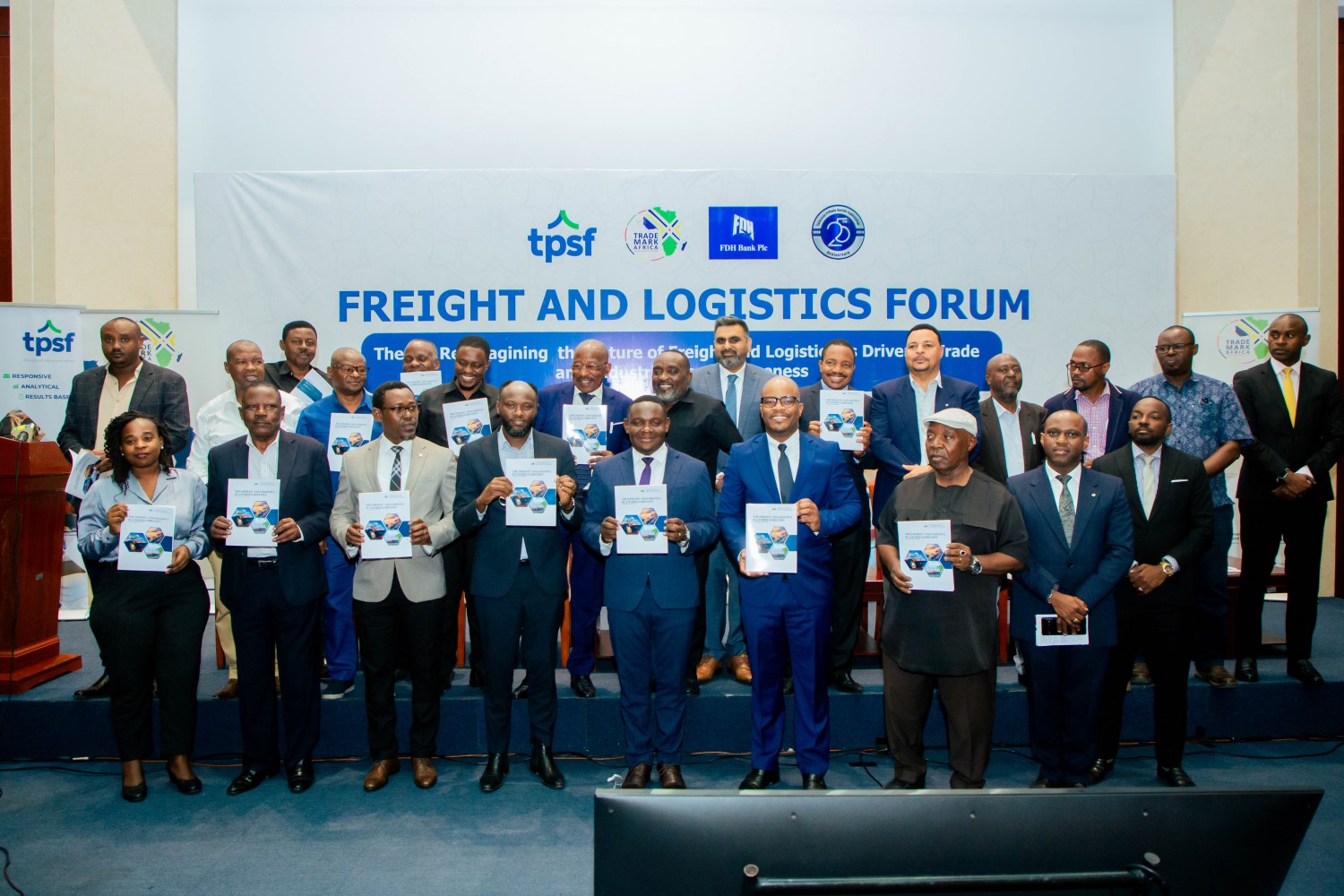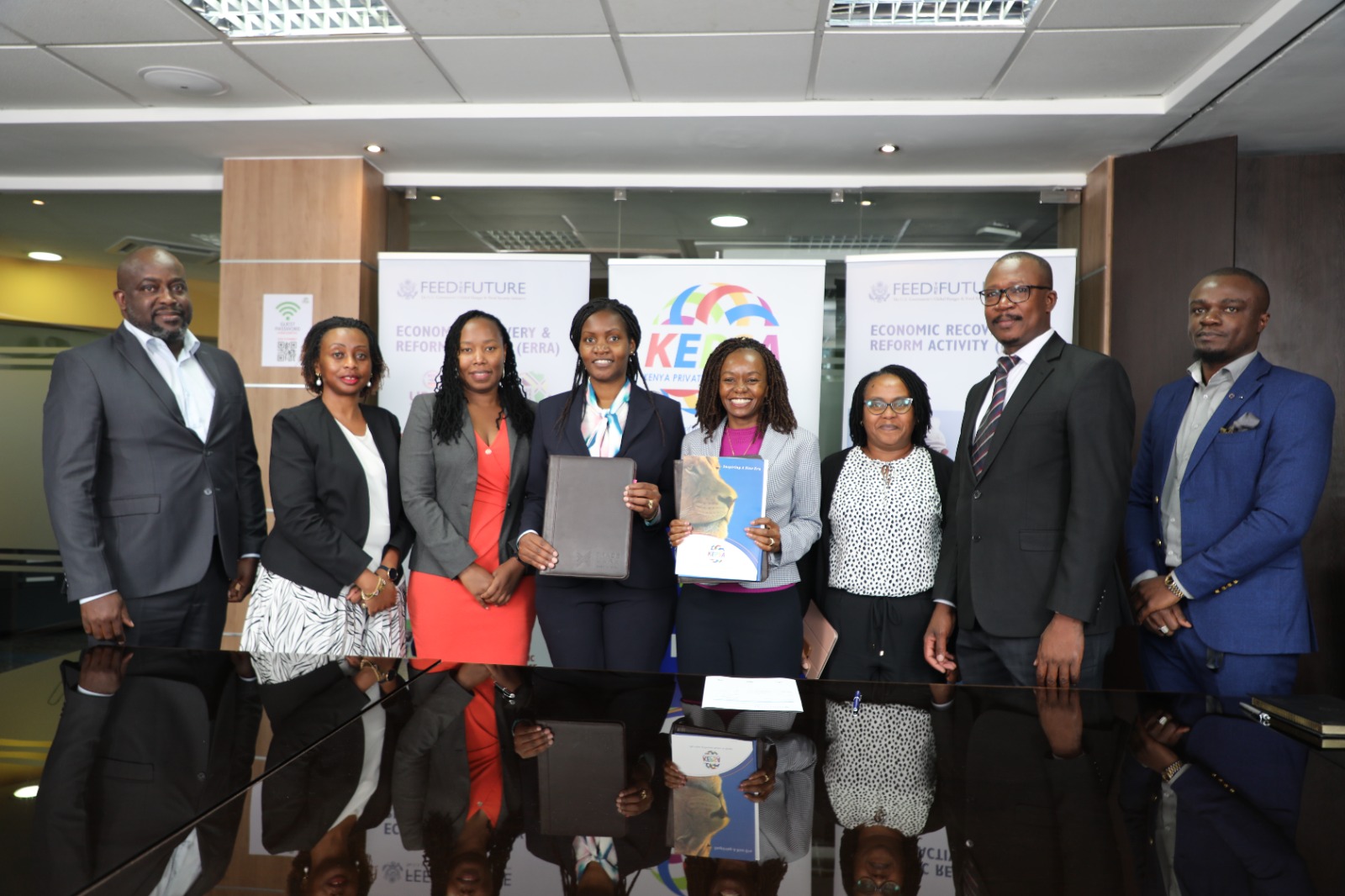Maputo, 13 de Agosto de 2024: O Governo de Moçambique, através do Ministério da Agricultura e Desenvolvimento Rural (MADER), em parceria com a TradeMark Africa (TMA), iniciou formações de sensibilização e workshops de revisão do Sistema de Emissão de Licenças e Certificados Fitossanitários para técnicos de sanidade vegetal, funcionários do estado, importadores e exportadores envolvidos no processo de importação e exportação de vegetais, produtos e subprodutos vegetais, para posterior implementação da plataforma do sistema digitalizado. Esta plataforma foi concebida para reduzir significativamente o tempo e o custo do processamento de Licenças e Certificados Fitossanitarios. O workshop é realizado pela Direcção Nacional de Sanidade Agropecuária e Biossegurança (DNSAB) no MADER, responsável pelo processamento da certificação fitossanitária, em parceria com a TradeMark Africa, uma entidade sem fins lucrativos que apoia os países da África Oriental e Austral, na facilitação do comércio através da redução das barreiras não tarifarias ao comércio pelo fortalecimento das instituições que lidam com as matérias sanitárias e fitossanitárias. Actualmente, a aplicação, o processamento e a emissão dos certificados fitossanitários são feitos manualmente. O processo envolve o preenchimento e envio de formulários físicos para pedidos de inspecção, amostragem e testes. Os inspectores fitossanitários ao nível das províncias recolhem então amostras de plantas ou materiais vegetais para análise laboratorial para casos que se julga necessário, sendo os resultados registados em formulários físicos que são submetidos aos inspectores fitossanitários na DNSAB para revisão e aprovação. Este processo é moroso, dispendioso e sujeito a erros ou lapsos administrativos. “Os utentes que se...
Governo de Moçambique e TradeMark Africa lançam sensibilização e formação sobre Sistema de Emissão de Licenças e Certificados Fitossanitários
Posted on: August 13, 2024
Posted on: August 13, 2024





















